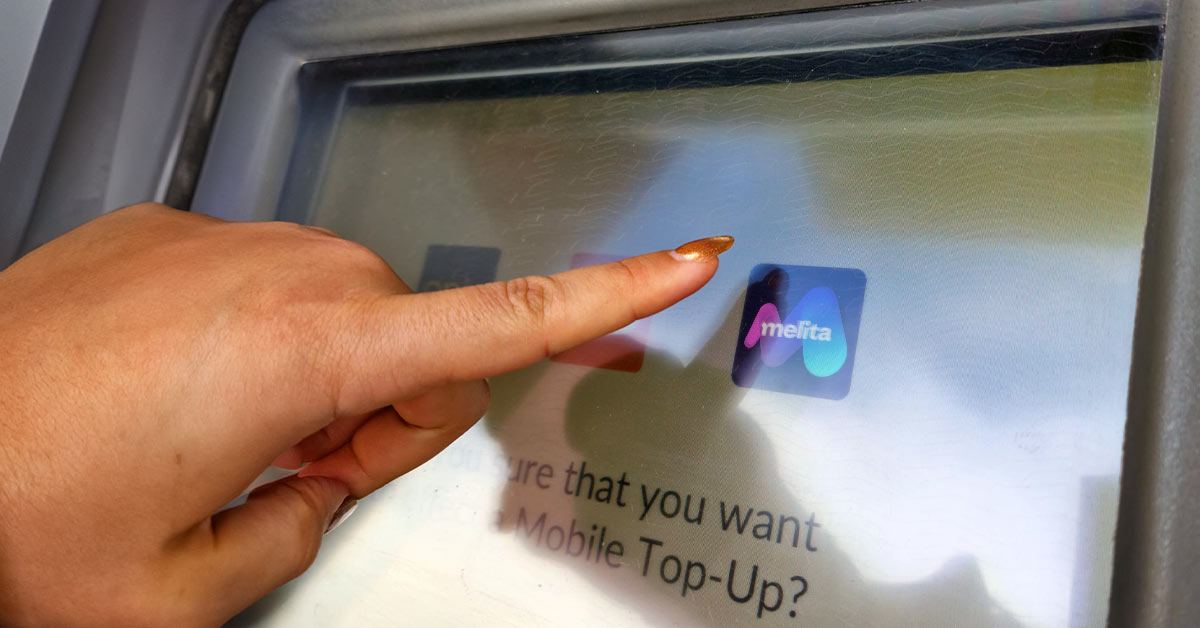
In a blink of an eye time-wise, smartphones and apps have become part of the DNA of our contemporary world. Our devices are seldom far from reach, and the average person is said to use their smartphone around 53 times per day. Apps are our portal into nearly every activity, from mapping our route to ordering products and food to enjoying countless hours of entertainment. Given the ubiquitous nature of our devices and apps, it’s only natural that they should take a more prominent role in our health and wellness too.
Smartphones and apps, with their ever-advanced technologies, are evolving to shape our health and wellness routines. There are apps that track our fitness and physical wellness, and smartphone-enabled home diagnostic kits that extend their reach. We’ve seen a big increase in new online apps that will help with our mental wellness too. The recent pandemic led many to seek access to medical services through telemedicine and other online services. Overall, it’s estimated that there are 350,000 plus mobile health apps available in the marketplace.
Exploring the Intersection of Technology and Health
Digital health is a concept that focuses on the intersection of healthcare and technology. It encompasses mobile health apps (mHealth), wearable devices, mobile diagnostic tools and more. Health and wellness offerings range from nutrition and fitness tracker apps to sleep trackers and apps that help with mental wellness and connect users with therapists online.
Smartphones and their software-based apps process health data on or for the users of each application. The apps can also help facilitate a health-conscious lifestyle, offering helpful tips and insightful guidance tailored to an individual’s specific lifestyle and health issues.
How Smartphones Have Become Our Personal Wellness Assistants
Advances in smartphone capabilities allow developers to create increasingly sophisticated health and wellness apps. Since our smartphones are our constant companion, the health apps we download and use will be ever-present in our lives too. Wearables such as smartwatches can help by providing more frequent monitoring and alerts, plus other sophisticated features, to extend smartphone health monitoring. Remote patient monitoring (RPM) on smartwatches helps patients with chronic disease manage their conditions and can send key health data directly to their doctor.
Sophisticated apps rely on a host of key services and design features to draw their users in. The best apps offer user personalisation, activity summaries by time period and goal setting and tracking. Push notifications keep users interested and informed, and extensive video tutorials help increase our knowledge level. Key features such as social sharing and community make these apps even more powerful and compelling.
The Various Categories of Health and Wellness Apps
There are a wide variety of health and wellness apps available, across many different categories including:
Nutrition
These apps typically include a calorie counter, progress tracker and an excellent collection of video recipes. Personalised tips on nutrition and supplements may be offered. Anyone looking for diet and nutrition help would be a candidate for these apps.
Exercise and Fitness
Within these apps you will find workout plan options and helpful videos with tips. You will generally be able to create your own individual training plan based on your unique goals and track progress along the way. Great for anyone looking to improve their health and fitness levels.
Mental Health
If you are looking to improve your emotional well-being or address mental health issues, these apps could be for you. Mental health apps include online access to talk therapy, guidance for starting a meditation practice and can help you cope with anxiety and stress.
Medication Reminders
Individuals who have to take a lot of different medications may be interested in a medication reminder app. These tools help you remember to take the right medicines at the right time, and can record the name of the medication and time of day you took it.
Sleep Trackers
If you want to live longer and have a good quality of life, you need good sleep. If you are having trouble sleeping or want to get better sleep, these apps will provide important insights into your sleeping habits and offer recommendations for improvement.
The Science Behind Health and Wellness Apps
One of the most powerful aspects of digital health and wellness apps is their ability to offer personalised health tips based on an individual’s unique data. These apps use sophisticated algorithms that generate customised recommendations, and can help users develop a specific plan tailored for their needs.
These algorithms are powered by Artificial Intelligence (AI) and Deep Learning (DL). AI tools are undergoing rapid improvement, thanks in large part to dramatically increased processing speed and extensive data collection libraries. DL finds correlations that were previously too vast and complex to render, utilising neural networks with more than 10 layers. Previously, neural networks had only 3 to 5 layers of connections.
The Impact of Health and Wellness Apps on Lifestyle
For many, smartphones and apps are the window into the world. They open improved channels for communication and connection, help us in emergencies and give us fast access to a world of helpful information. They also allow us to take a very active role in our own health and well-being.
During the pandemic, when gyms were closed, fitness apps and their associated communities helped us stay in shape and keep in touch with others. Wearable fitness trackers helped optimise fitness; in the future, wellness routines will benefit from AI-based personal training sessions. Mindfulness and meditation apps helped us cope with the isolation of the pandemic, and our increasingly stressful world. Health and wellness apps, especially those with goal tracking, social sharing and community, are a powerful force for behavioural change.
The Potential Pitfalls and Challenges of Relying on Health Apps
Although health and wellness apps promise to enhance our lives, there are also some potential pitfalls and concerns. When tested, some apps that measure heart rate or stress level were found to give inconsistent results. Several were found to include a warning that the app was for ‘recreational use only’. There is little regulation in the health app marketplace.
Data privacy is another concern. If an app is not well-designed, it can easily expose information such as your date of birth, as well as your medical records. You should make sure to do your research on apps, and read reviews from health professionals and other users. While apps can help you care for your health and wellness, it’s important to still consult a doctor about matters related to your health.
The Future of Health and Wellness Apps
With the speed of technological innovation rapidly increasing, expect to see big new developments in health and wellness apps too. As they gather increasing levels of user data and utilise AI and DL, apps will be able to offer enhanced levels of personalisation. Wearables and interconnected devices will be able to monitor and report on blood sugar, pulse oxygen, heart rhythms and a host of other important factors.
Fitness apps that are powered by AI will be able to deliver detailed recommendations based on your unique goals and characteristics. Virtual coaching and support will also be available and enhanced by AI. To further increase use and interest in health and wellness apps, Virtual Reality (VR) and Augmented Reality (AR) will be used to create rich, immersive environments that are highly compelling for users.






